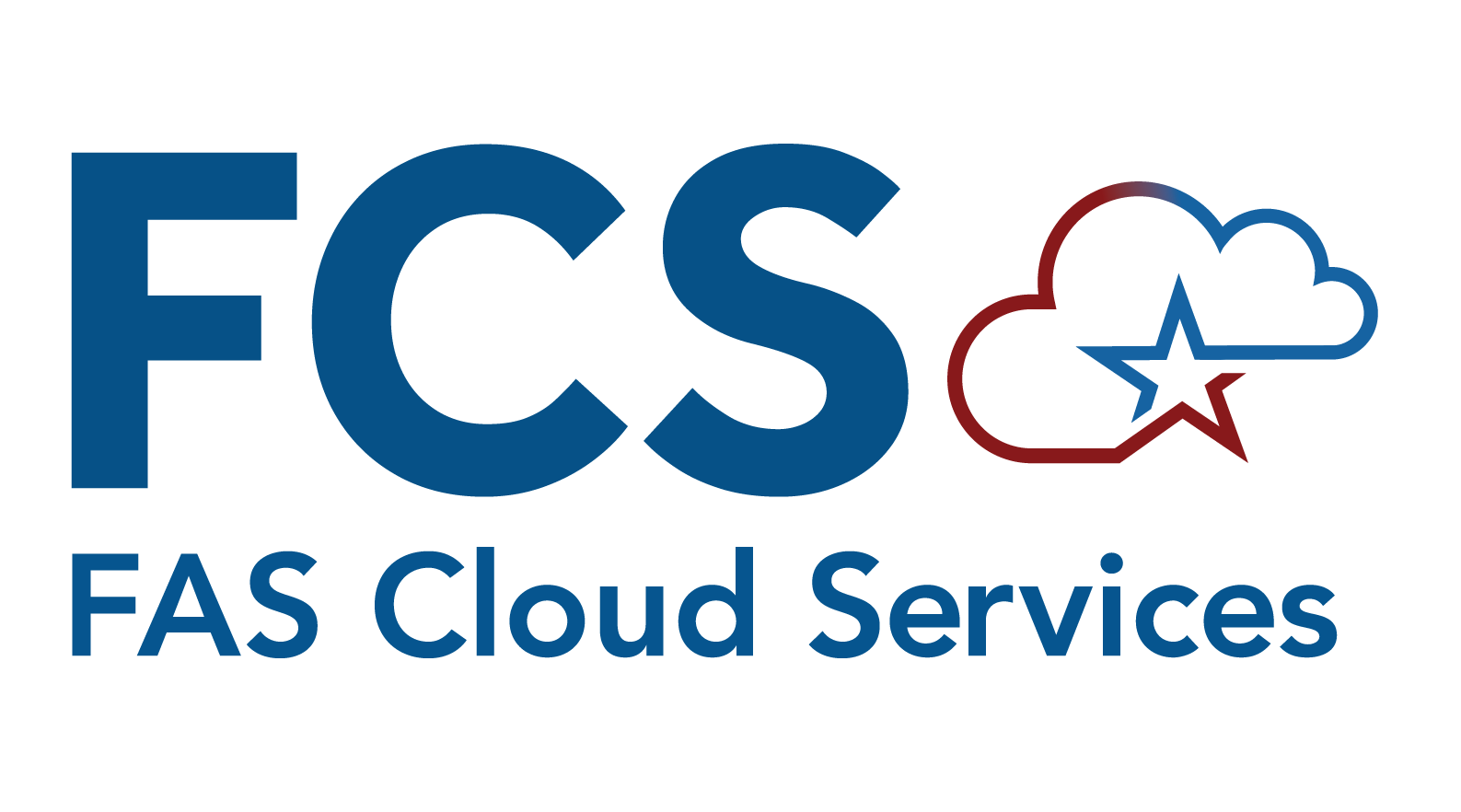Cloud Ecosystem of Managed Services
Data Analytics
Data Analytics capabilities enable data exploration, analytics, data refinement, machine learning, and BI/Reporting. BI/reporting capabilities allow users to view real-time performance and operational data through dashboards to enhance existing agency-driven mission priorities. Advanced analytics capabilities, enable business units and users to use more complex analytical techniques (such as artificial intelligence and machine learning) to solve business problems and enrich their service offering to customers.
Description
Self-Service provides capabilities to allow users to query data through a command line interface that supports ANSI standard SQL and manipulate, integrate, and transform data to derive new insights. This service is intended to allow business users to generate new insights and prototype data pipelines.
Key Capabilities Include:
- Query creation - Writing of custom SQL against analytic data stores to explore the data and generate insights
- Query optimization and editing - Refactoring of query based on new business requirements or to improve performance based on systematic recommendations, (e.g. explain plan)
- Query version control - Saving/persisting versions of a query, being able to track changes, and potentially branch/merge code across users
- Extract Transform Load (ETL) - Access and pull data from sources, apply transformations, refine and publish data to support localized analytics/reporting
- Extract Load Transform (ELT) - Access and pull data from sources, persist a copy of the source data for additional refinement, apply transformations, refine and publish data to support localized analytics/reporting.
Maturity:
FCS is exploring the capabilities in this area. Currently only a proof of concept deployment is occuring with a single customer/tenant or with a handful. Use of the capability is still ad hoc and has yet to be baselined or have cost estimates established.
Technology
Additional Documentation
Description
The Computational service provides a means for scalable, parallelized complex data processing and compute. It is intended to support core capabilities for advanced data processing and machine learning.
Key Capabilities Include:
- Apache Spark-based Processing - Leverages Spark's in-memory processing to improve scale and parallelization for large-scale data processing
- Multi-language Support - Use python, scala or java to write Spark-based data processes
- Library Integrations - Extend data science functionality through common open source libraries
Maturity:
FCS is exploring the capabilities in this area. Currently only a proof of concept deployment is occuring with a single customer/tenant or with a handful. Use of the capability is still ad hoc and has yet to be baselined or have cost estimates established.
Technology
Additional Documentation
Description
The Business Intelligence service includes all facets of standard reporting, dashboarding and data visualization capabilities including authoring, publication, lifecycle management, and access to reporting and visualization artifacts.
Key Capabilities Include:
- Pixel-perfect Reporting - Structured reporting conformed to exact specifications to meet organizational or regulatory requirements
- Standard Reporting - Structured tabular reports where the user can interact with the data to filter, drill up/down/across, and explore the underlying data
- Visualization/Dashboards - Interactive reports including charts, visual representations, and graphs
Maturity:
FCS believes this capability has reached a level of maturity in FCS where it can be used and deployed in a limited capacity or upon special request from a customer/tenant.
Technology
Additional Documentation
Description
The AI/ML Lifecycle service enables data scientists to manage all facets of model creation and execution through standardized tools and methods aligned with best practices for model management and DevSecOps approaches.
Key Capabilities Include:
- Data Acquisition and Refinement - Import/access data and standardize it for input to machine learning model
- Model Development - Create and refine models
- Model Training - Harmonize models through additional input data and refactoring
- Model Testing - Validate model outcomes and functionality.
- Model Versioning - Retain model versions, including input data, code, and output data for development and compliance requirements
- Model Promotion - Migrate approved models to execute in a production environment and/or integrate with production applications.
- Model Monitoring - Recurring validation of models to identify data and/or model drift
- Model Refactoring - Updating/retraining models to ensure model produces appropriate outcomes
Maturity:
FCS is exploring the capabilities in this area. It is is currently in as a proof of concept phase and not ready for broad consumption.
Technology
None


